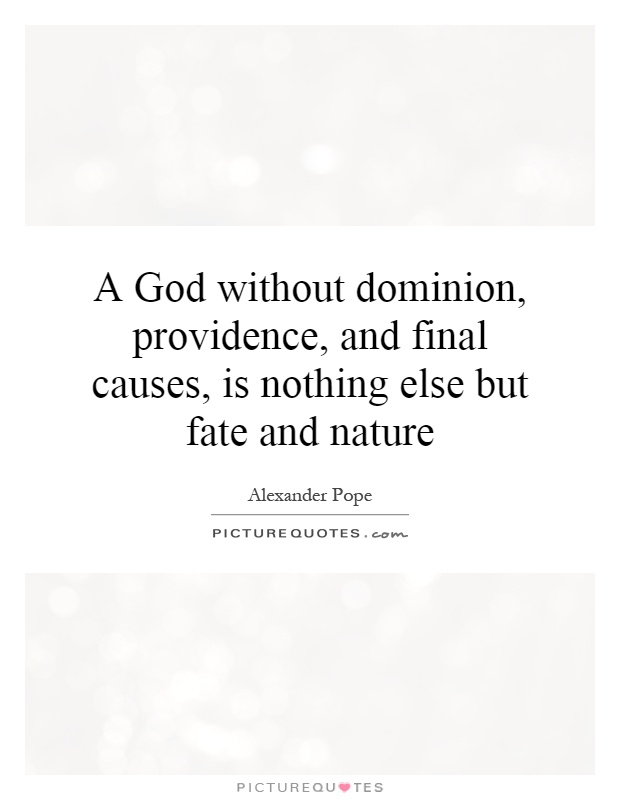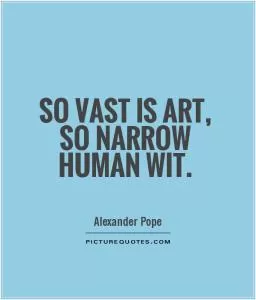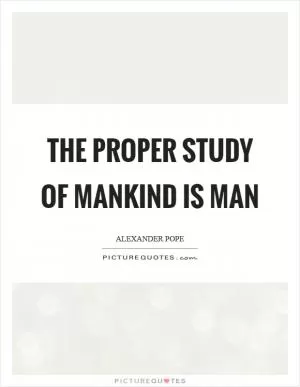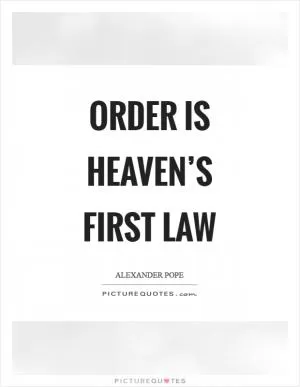A God without dominion, providence, and final causes, is nothing else but fate and nature

A God without dominion, providence, and final causes, is nothing else but fate and nature
Alexander Pope, a prominent figure in 18th-century English literature, was known for his satirical and philosophical works that often explored themes of nature, humanity, and the divine. In his essay "An Essay on Man," Pope delves into the concept of God's role in the universe and the relationship between divine providence and human agency. One of the key ideas he explores is the notion that a God without dominion, providence, and final causes is essentially reduced to mere fate and nature.Pope argues that without the belief in a God who governs the universe with wisdom and benevolence, the world becomes a chaotic and meaningless place governed solely by blind chance and natural forces. In the absence of divine providence, there is no overarching purpose or design to the events that unfold in the world. Instead, everything is subject to the whims of fate and the impersonal forces of nature.
For Pope, the idea of a God without dominion, providence, and final causes is a bleak and nihilistic one. It suggests a universe devoid of meaning, purpose, and moral order. Without a divine plan guiding the course of events, human life loses its significance and value. In such a world, there is no ultimate justice or accountability, no higher power to appeal to for guidance or solace.
Pope's exploration of this idea reflects his deep concern with the moral and spiritual implications of a world without a transcendent source of meaning and purpose. He believed that a belief in God's dominion, providence, and final causes was essential for maintaining a sense of order, morality, and hope in the face of life's uncertainties and challenges.












 Friendship Quotes
Friendship Quotes Love Quotes
Love Quotes Life Quotes
Life Quotes Funny Quotes
Funny Quotes Motivational Quotes
Motivational Quotes Inspirational Quotes
Inspirational Quotes